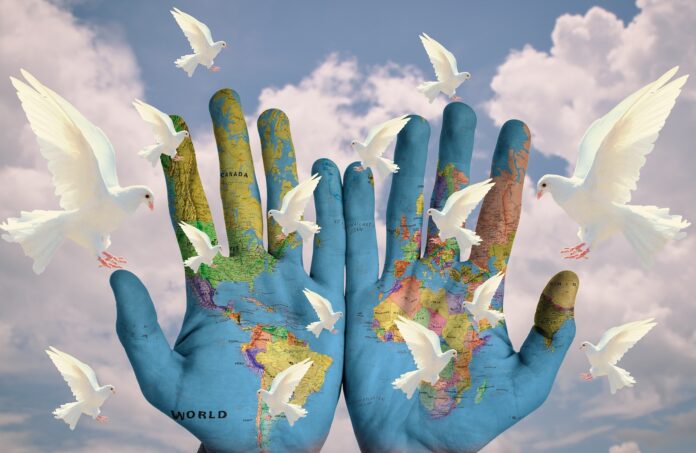The official EU bodies have repeatedly declared that they want order and stability in the Middle East. One wonders, therefore, if words are followed by facts. It seems unlikely, in fact, that the massive export of weapons in that area can render a good service to this cause. Although UN experts have repeatedly stated that human rights are being systematically violated in Saudi Arabia and that Riyadh does so in the war leading to Yemenwithout any scruples, EU member states have continued to export weapons to the kingdom. To be more precise, in 2016 the governments of the Union have issued at least 607 sales licenses to arms companies for a value of 15.8 million euros. Between January and September 2018, the Germans approved arms exports to Saudi Arabia worth 416 million euros. In 2008, the EU’s governing bodies had deliberated a ban on arms sales to countries that did not respect human rights and international law.So, we are in the presence of a striking contradiction between the principles proclaimed and the choices made. The EU government is even more criticizable because the recipient countries of arms sales are often not at war and therefore this choice is in no way justified. The case of Algeria, which is the best customer of German industries in the sector, is illuminating.
The point is that the arms industries are private and claim, like all private companies, full freedom of trade abroad. Moreover, these industries normally also produce for their own governments, which have every interest in seeing them prosper. Finally, we must consider Europe’s energy dependence, in the shadow of which Saudi Arabia can remain unscathed from any sanctions by relying on the energy needs of Brussels. It is clear that theraison d’état has the best on ideal principles, as often happens, and that the Union remains a prisoner of a strident contradiction: to declare that it wants peace and, at the same time, build instruments of war and death.
However, to better understand this contradiction, we need to go back to the time of the founding of the European Union. Politicians acting after World War II had survived the most frightening war that humanity had unleashed. In some cases they had also been witnesses of the First World War and they knew well that peace in the world had been upset due to choices made on the European continent. Both wars were carried out in large part on its territory, which is why when there was talk of establishing peace, it was tacitly understood that we were referring to peace in Europe. It was still a colonialist perspective that did not consider the other actors of a possible conflict in areas still underdeveloped. Since then, almost seventy years have passed and the world has changed. Fighting for peace is much more difficult, but this ideal continues to be the fundamental reason and the most important challenge for the Union.








